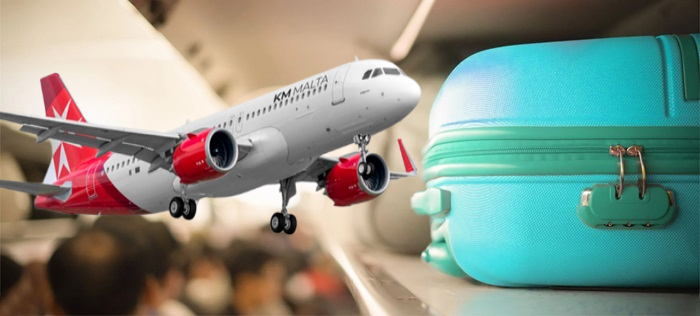Role of AI in Airline Operations and Passenger Experience
As we know, the future is AI and it has a great impact in all the industries, whether you are in technology, hospitality, healthcare and many more. Now, the airline sector is undergoing a transformation thanks to artificial intelligence (AI), which is simplifying operations and greatly enhancing passenger experiences. Airlines and airports can provide more individualized services, improve operational efficiency, and design smarter travel experiences as they increasingly incorporate AI technologies. This blog examines the different ways artificial intelligence is improving airline operations and changing the traveler experience.
Let’s dive into it and find out, how it’s impacting in airline sector.
AI in Airline Operations
AI is making the things simplified for passengers like its automating a number of airline operations, including maintenance and flight scheduling. For example, AI-powered predictive maintenance examines data from aviation systems to anticipate possible malfunctions before they happen, cutting down on maintenance expenses and downtime. In addition to improving safety, this proactive method guarantees on-time flight operations. That’s remarkable!
Predictive Analytics in Airlines
An essential component of airline operations optimization is predictive analytics. Airlines can estimate flight demand, modify pricing tactics, and improve resource management by examining past data and present patterns. Airlines can react quickly to shifting market conditions because to this flexibility, which eventually boosts profitability.
AI-Powered Predictive Maintenance for Airlines
Predictive maintenance systems powered by AI keep an eye on airplane parts in real time, spotting wear and tear before it causes problems. In addition to improving safety, this technology ensures a better operational flow by reducing unanticipated delays brought on by maintenance problems.
Enhancing Passenger Experience with AI
Enjoy Personalized Passenger Experience with AI let’ see how. AI’s capacity to provide individualized passenger experiences is among its most important effects in aviation. Airlines can customize services to match individual needs by evaluating passenger data, including travel history and preferences. For instance, AI systems can give preference to vegetarian meals if a traveler regularly chooses them when making future reservations.
AI-Powered Airline Chatbots
AI-powered chatbots are revolutionizing airline customer care. These virtual assistants offer round-the-clock, immediate assistance with reservations, flight modifications, and other client questions. For example, KLM Royal Dutch Airlines greatly improved customer satisfaction by implementing an AI chatbot that cut typical wait times from 15 minutes to only two minutes.
Real-Time Flight Updates with AI
Now get real time flight updates. Airlines can now deliver real-time data on luggage monitoring, gate changes, and flight statuses thanks to AI technologies. Passengers can be informed about their travel arrangements at all times by receiving updates through chatbots or mobile apps. This degree of communication improves the trip experience overall and lowers anxiety.
Smart Airports with AI Technology
Biometric Boarding with AI
For more efficient boarding procedures, airports are progressively implementing AI-powered biometric technologies. At check-in and boarding gates, facial recognition technology speeds up identity verification, cutting down on wait times and improving security. The experience at the airport is made more efficient by this simplified procedure.
AI in Baggage Tracking Systems
AI is also making great progress in the field of baggage tracking. Passengers receive real-time updates on the whereabouts of their baggage thanks to sophisticated tracking systems that use machine learning algorithms to follow luggage during its journey. This openness raises passenger satisfaction levels overall and lessens the anxiety brought on by misplaced bags.

Future Trends: The Next Generation of Airline Customer Support
The incorporation of next-generation customer support solutions will become more crucial as the aviation sector develops further. In the aviation industry, machine learning will be essential to creating increasingly complex algorithms that improve operational effectiveness and customisation.
Airlines are investigating cutting-edge uses like intelligent loyalty programs, which use AI to examine consumer behavior and adjust rewards appropriately. Through tailored offers that appeal to certain travelers, this strategy not only increases interaction but also cultivates client loyalty.
Conclusion
It is impossible to overestimate how AI can improve airline operations and the traveler experience. AI is changing the future of air travel by automating crucial procedures and tailoring services according to consumer preferences. Travelers may anticipate a more effective, pleasurable, and customized flying experience as airlines continue to implement these cutting-edge technologies. The continuous development of AI in aviation holds out the prospect of a time when flying will be more than just getting to your destination—it will be about having a smooth flight.




